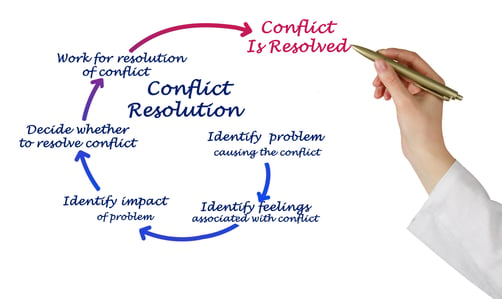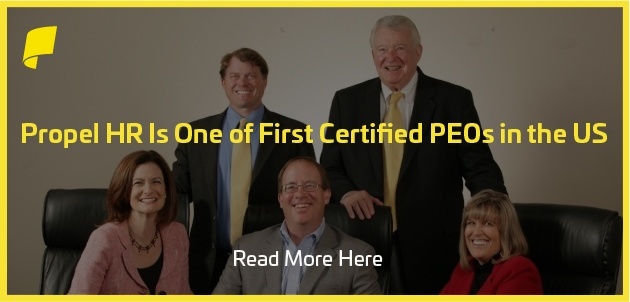Most businesses work with vendors. Some vendor relationships are very positive and productive, while others have tension and even distrust. The relationship between a client and vendor is built upon a contract that should provide value to both parties. One party pays money for a service of value. In a good relationship, both parties should feel that the contract is fair and valued appropriately, a win-win for everyone.
I recently had an unusual experience that had a powerful impact on how I view vendor relationships. We had been in a long-term contract with a vendor for a product that is essential to our core business. Over the years, this contract felt more like a burden than a benefit. We felt that we were paying too much money and getting too little in return. There are very few providers of this service and we essentially felt trapped by this vendor.
The relationship between a client and vendor is built upon a contract that should provide value to both parties. One party pays money for a service of value. In a good relationship, both parties should feel that the contract is fair and valued appropriately, a win-win for everyone.
After years of searching for a replacement provider, we finally signed a contract with a new company. When we informed the vendor that we were leaving and provided them with a timeframe, they penalized us with exorbitant fees for ending the contract. We were shocked and furious, to say the least. For years, we have been telling the vendor of our concerns and when we finally found a different solution, we were penalized.
 My first reaction was anger. I wanted to call the company and give them a piece of my mind. I wanted to share my negative experience and warn others. My second reaction was confrontational. I combed through the contract and all communication to see if the fees were valid as I wanted to pursue legal action against them. But sanity prevailed, and I decided a conversation was necessary to determine which reaction was appropriate. I called one of the more level-headed executives and remained calm as I told him of our history with his company, as well as our recent experience of feeling trapped and penalized. I asked for a resolution that would be fair to both parties. He listened and asked for time to research the situation from his side.
My first reaction was anger. I wanted to call the company and give them a piece of my mind. I wanted to share my negative experience and warn others. My second reaction was confrontational. I combed through the contract and all communication to see if the fees were valid as I wanted to pursue legal action against them. But sanity prevailed, and I decided a conversation was necessary to determine which reaction was appropriate. I called one of the more level-headed executives and remained calm as I told him of our history with his company, as well as our recent experience of feeling trapped and penalized. I asked for a resolution that would be fair to both parties. He listened and asked for time to research the situation from his side.
When we reconnected, he explained that he had used my experience as an opportunity to walk in a client’s shoes. He recognized the sense of tension between his company and their clients. He asked me for more feedback about the client experience and how his company could improve. He explained how his company was going through a transition and how it was affecting their employees.
This experience taught me a valuable lesson about communication and the power of honesty, transparency and an open ear.
I think both parties learned some lessons during this recent exchange; I know I did.
 He listened to me and I listened to him. Together we worked to find a fair resolution to our problem. We both agreed that we didn’t want to burn a bridge. Our companies may need to work together in the future, and ultimately, as human resources providers, we all need to be on the same team.
He listened to me and I listened to him. Together we worked to find a fair resolution to our problem. We both agreed that we didn’t want to burn a bridge. Our companies may need to work together in the future, and ultimately, as human resources providers, we all need to be on the same team.
We are living in an age of confrontation, and as a society we often speak before we think. Social media has emboldened us, and I am often surprised by the visceral attacks I see online. My initial reaction was confrontation and attack, but that would have been the wrong approach and truthfully, that approach would have hurt me even more. I’m glad I took a deep breath and gathered my wits about me.
Whether in business or in life, we all want to feel heard. By engaging him in genuine communication, I was able to have my voice heard. This executive took the time to listen to me with an open mind and we were able to move forward in a productive manner.










